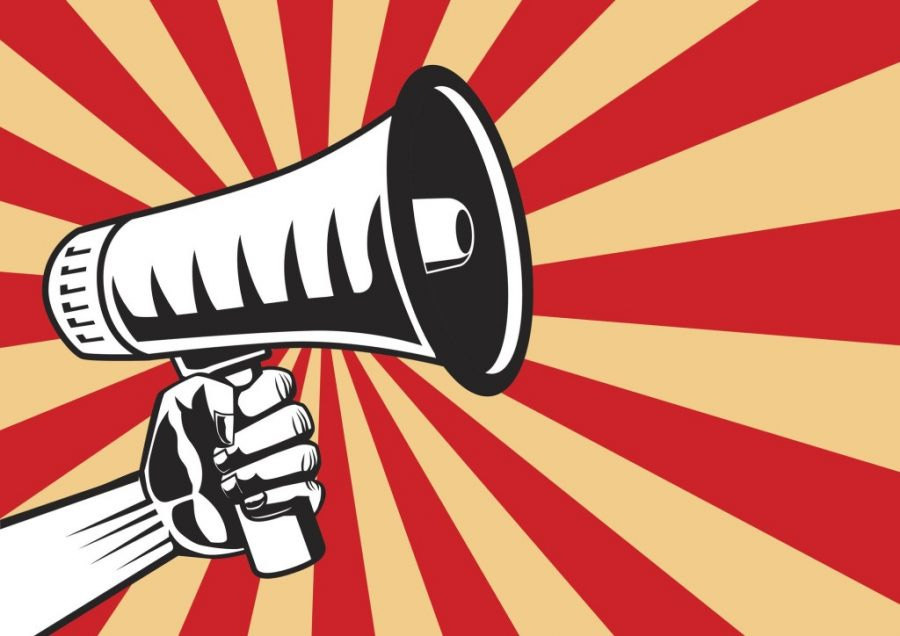Why free speech still matters
A call for remembering why this liberal value is worth defending
There are very few values in the world about which I am an absolutist, but support for free speech—both as a legal right and a societal ethic—comes pretty close. The one and only Killer Mike recently gave a full-throated defense of this idea. It’s worth watching his speech in its entirety if you have time (be forewarned that he uses colorful language throughout):
Mike’s talk encouraged me to revisit the reasons why I so strongly share his view. The only way we get better and evolve as a society and country—the only way we foster greater understanding between different groups of people in our pluralistic liberal democracy—is to make space for each other to talk openly and honestly and ask questions, even if it risks allowing speech some may consider offensive. (And let’s be clear: most speech is going to offend someone, somewhere, including statements and ideas you might not even think are all that controversial.)
The alternative to embracing this longstanding liberal value is authoritarian coercion. Shutting down someone’s speech—through disinvitations, heckler’s vetoes, deplatforming, or even physical violence—not only deprives them of this basic right but also disallows others the right of hearing what that person has to say. It prevents us from sorting through difficult and thorny questions and working toward solutions, and it instead leaves people feeling like they were shut out or silenced.
The impulse to prevent speech with which we disagree is bipartisan and unhealthy and a sign that we are insecure in our own beliefs. The whole purpose of supporting free speech as both a right and ethic isn’t to protect people with whom we already agree but to defend the speech of those with whom we most vehemently disagree.
The ACLU understood this in 1978 when they famously defended the right of literal Nazis to march through Skokie, Illinois, which was home to a significant Jewish population. They abhorred what the Nazis stood for, but they also recognized that the second a society opens the door to allowing anyone—the government, a corporation, a social media company—to decide that some speech goes too far, it grants that entity the power to do it again. And again. While you may agree with their initial efforts to curb certain speech, the people making those decisions will eventually change, and future decisionmakers may decide it’s actually your speech that is problematic and indefensible. And those most likely to suffer from this reality are society’s minorities, who almost by definition hold minority viewpoints that need to be protected and who need space to have their voices heard.
Why am I bringing all this up right now? In addition to Killer Mike’s inspiration, there have been growing signs that an open embrace of free speech is waning in America—especially among younger generations. As the country grows more divided and grapples with questions as basic as what it even means to be an American in the year 2023, it’s worth remembering the shared values that have held our diverse nation together for centuries (even if those values haven’t always been afforded as rights to all of its citizens).
Support for free speech should not be partisan but American. There’s a reason it was the very first right enumerated in the Bill of Rights. It’s an idea, a right, and a value that should be celebrated—not resisted.


